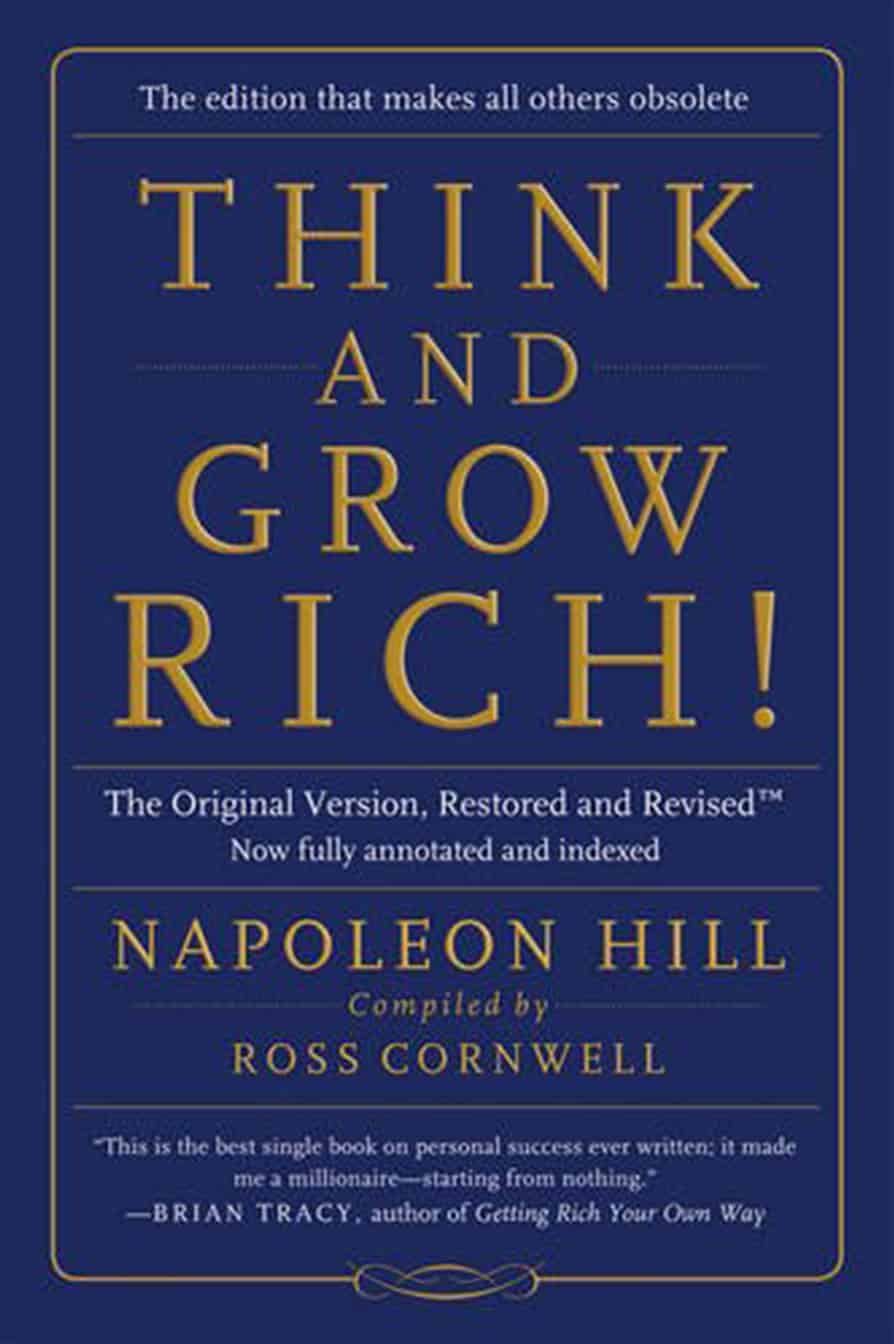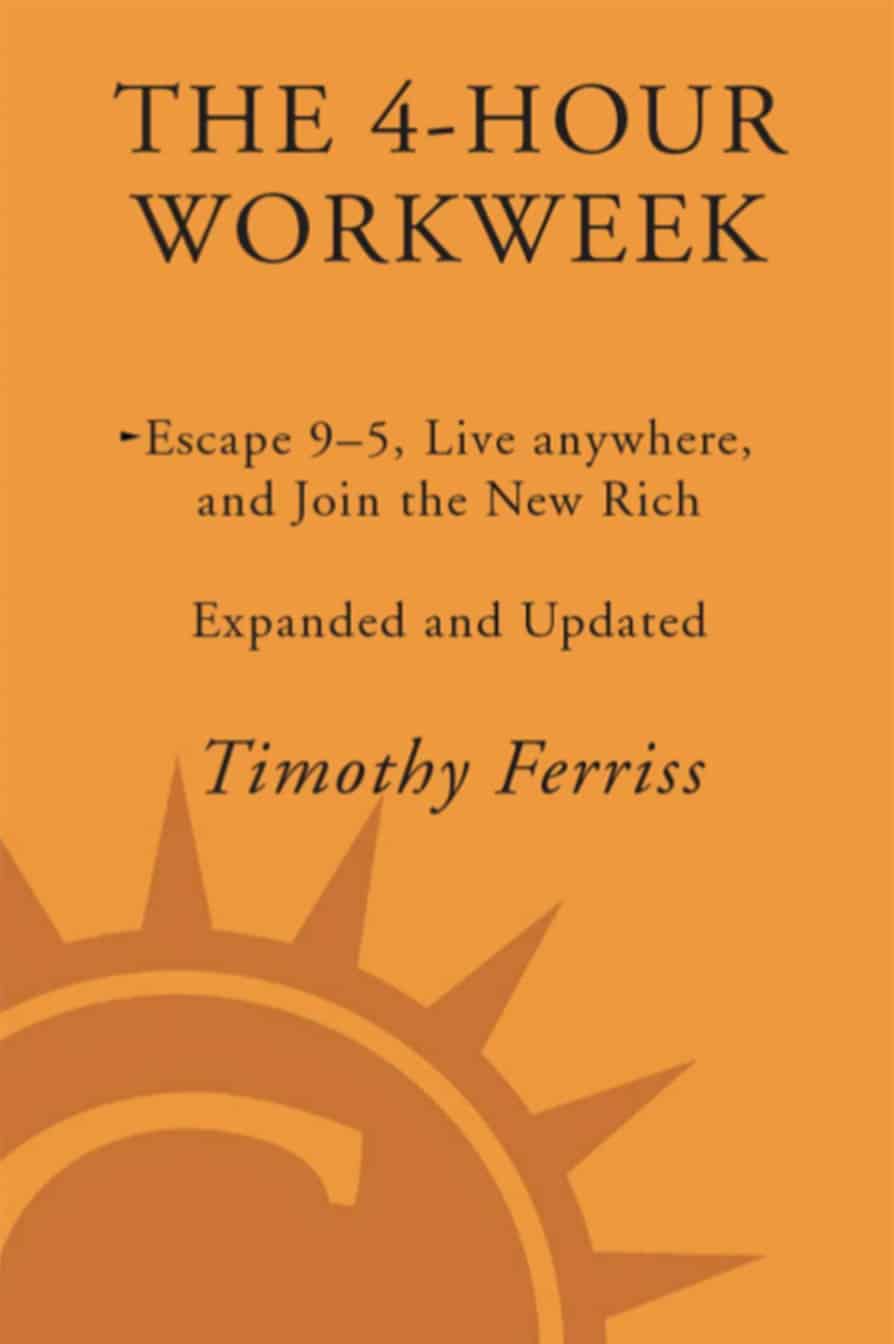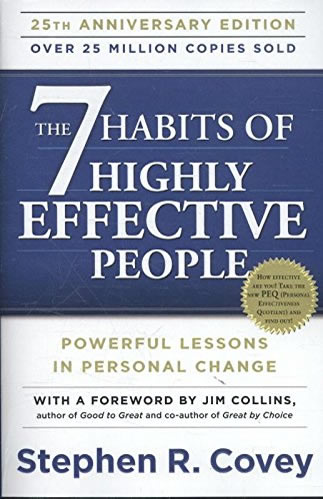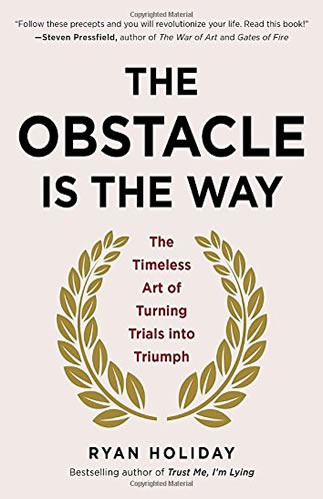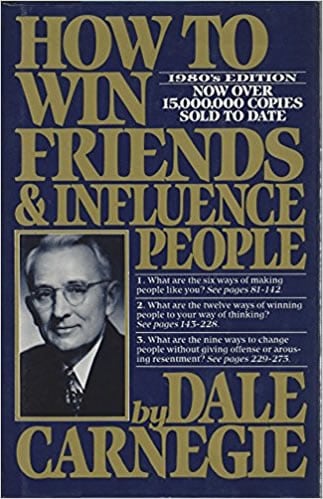There are many meanings if you want to define what abundance is. For some, it could mean meeting their everyday needs. For others, it could mean acquiring wealth and enjoying a rewarding material life. It could also mean dedicating one’s life in pursuit of excelling in their field.
Having financial abundance for our veterans and retired defence forces could mean having financial freedom and contentment for what they have.
Life after service can be intimidating and scary. Transitioning to civilian life for them can be compared to moving to a foreign country where you need to learn new customs and rules. That is why having financial freedom even after retirement is a great way for our veterans to start their new life.
Financial Problems During the Transition Period
Preparation is one way of making sure that going back to civilian life will be a breeze for our veteran and retired defence forces. But then again, leaving the service life can give a culture shock for some. Who could blame them? Civilian life is a whole new world for our veterans.
And aside from culture shock, they can also experience financial shock. Here are some of the financial challenges that our veteran can expect upon transitioning into civilian life.
- Unemployment
Leaving the service means leaving their job. And with no job, it means they don’t have a steady paycheck. Of course, there will be retirement benefits but for some veterans, the loss of income can cause some distress. It is best to plan for this stage beforehand. Our veteran can have extra savings to cover the expenses during the transition. Many veterans find another career that gives them back a sense of financial security.
- Unexpected expenses
During the transition period, our veterans may find that they need to move to a new place or city. There may be some assistance from the government but still, this can bring some unexpected expenses on their end. If they will be looking for a new career, there will also be expenses like extra courses or certifications.
- Health issues
Healthcare was covered when our veterans were still doing their service duty. So, it can be overlooked when they are now in the transition period. Taking care of their health is important especially for their family. If you will compare it, healthcare for civilians is more expensive and comes with a lot of conditions.
- Life Insurances
Of course, our veterans were also provided with life insurance during service but that may expire shortly after they leave for retirement. This might cause some veterans to feel worried especially for their loved ones, and at the same time lose their sense of security.
- Taxes
Tax-free pay, special benefits and duty pays are some of the privileges of our veterans during their service. This means that once our veterans and retired defence forces are back in civilian life and they decide to work again, they may feel the impact of taxes on their pay.
Transitioning to civilian life is like starting again from scratch and building your knowledge base becomes a must. Call Doug Durie so we can assist you in taking the first step to your civilian life.
Gaining Financial Abundance through Financial Literacy
The foundation of financial abundance and security is the same for people retiring from service and for those who are civilians. These include savings, insurances, usual expenses and having plans for the future.
It will help our veterans if they work with a financial advisor that has knowledge of service benefits. There are many organisations that can help our veterans and retired defence forces with everything. So, it is important for them to gain financial literacy to have security even after retirement.
Financial literacy topics include:
- Emergency savings
The first thing to do is to save for a time of emergency. When our veterans get their pension or they get their first salary as a civilian, saving a portion of it is necessary. This will give them a higher sense of financial security even when they are already out of the comfort of service duty.
- Avoiding debt
Keeping track of regular expenses like house and car payments can help our veterans in managing their money. They should try to keep at a minimum to give way to more flexibility and be able to start their savings. Credit card debts are also out of the question since it means spending money you don’t actually have. Just in case our veteran needs to use their credit cards, just make sure to pay the balance in full every month.
- Increasing credit score
Credit scores are not an issue when our veterans are still in service. But as retired personnel, this will become handy in one way or another. A high credit score can give better terms when it comes to any kind of loans.
- Understanding taxes
Once our veterans decide to take another job, it is time for them to also understand the logic of taxes.
- Retirement savings
We know that veterans and retired defence forces receive pensions or other benefits but it doesn’t mean that they should neglect retirement planning. Some of them have the belief in financial security but that is just not true. There are unexpected events that may require them to go beyond their daily budget.
- Protecting themselves
Many veterans have been a target of many predatory lenders. Many of their poor money decisions are due to their lack of financial literacy. Planning ahead, getting ready for the future and taking advantage of all possible resources available will make it easier for our veterans to transition to civilian life smoother.
Equipping oneself with financial literacy can lead our veterans and retired defence forces to a life of financial abundance where they can live their life with no or at least less worry. The important thing is to be proactive. Always ask for expert advice before making financial decisions.
Doug Durie can gear you in making positive (financial) decisions and changes in your life.

